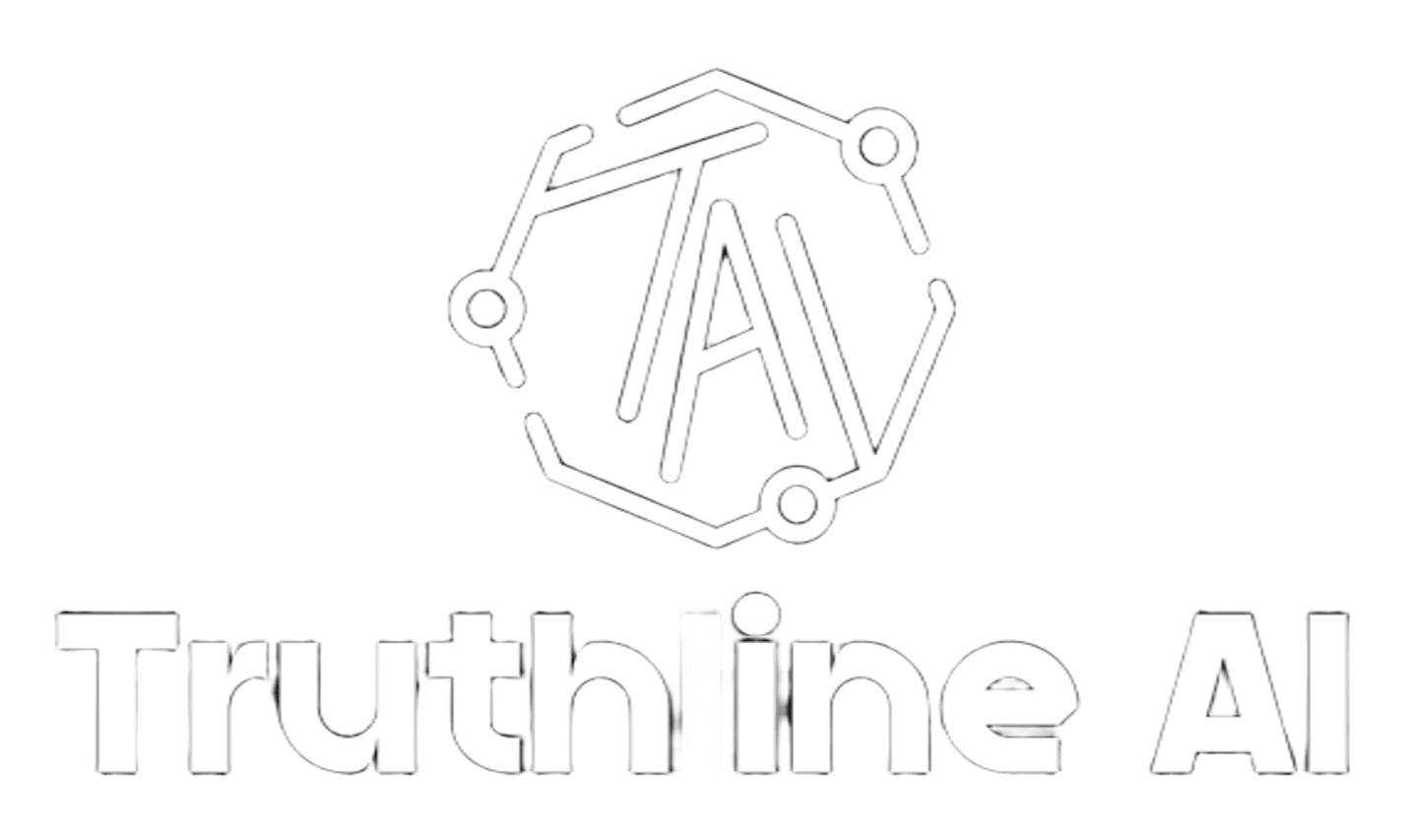Summary of The Business Daily Newspaper -July 23,2025
Page 1 : Reports that the Central Bank of Kenya bypassed procurement laws in a Sh14.5 billion currency printing deal, while road construction spending rose due to fuel levies. It also notes Isuzu East Africa’s plans to enter Kenya’s EV market with its first electric vehicle.
Page 2 : Reveals Kenya’s fuel subsidy fund is depleted despite collecting Sh26.37 billion, with only half used to stabilize prices, leaving consumers exposed to rising costs due to diverted funds.
Page 3 : Announces the Nairobi Securities Exchange will remove the 100-share minimum trading limit from August 1, simplifying trading but leaving the impact on investors uncertain.
Page 4 : Highlights a lawsuit by Kemri lecturers against forced retirement at 65, violating a collective agreement setting the age at 74, sparking tensions over academic retirement policies.
Page 5 : Notes the revival of the Sh705 million Thuci Dam project under a PPP model after budget constraints stalled the original EPC-F plan.
Page 6 : Details Isuzu East Africa’s plan to launch Kenya’s first electric commercial truck by 2025, testing market readiness amid EV growth but persistent infrastructure challenges.
Page 7 : Reports Kenya Power fired 20 employees, including three in a Sh207.6 million fuel theft scheme, uncovering broader corruption in off-grid station operations.
Page 9 : Explains Kenya’s MSMEs face a Sh150-200 billion financing gap, worsened by tax policies favoring imported over local machinery, hindering industrial growth.
Page 10 Emphasizes rising workplace mental health demands post-COVID, pushing employers and insurers to prioritize counseling, stigma reduction, and inclusive policies.
Page 12 : Raises legal concerns over Kenya’s securitization of fuel levies, risking transparency and diverting road funds into opaque financial structures.
Page 13 : Critiques Kenya’s banking sector reliance on government borrowing while job-creating sectors lag, urging reforms to rebalance economic growth.
Page 14 : Identifies KCB Group as Kenya’s top fuel import financier, with banks paying Sh1.41 trillion in LCs under a government-backed credit scheme easing dollar demand.
Page 24 Explores Kenya’s potential privatization of public health insurance under the SHA, inspired by the U.S. model, amid debates over efficiency and equity.
